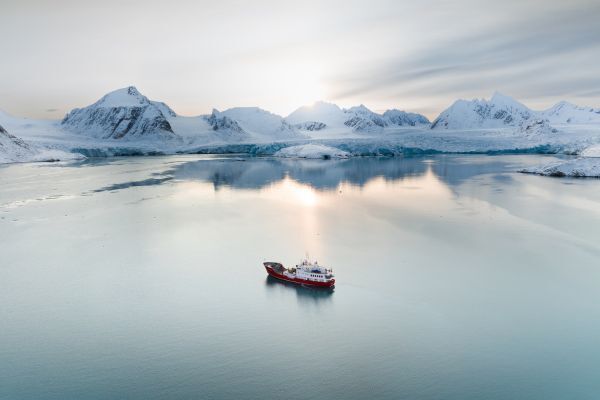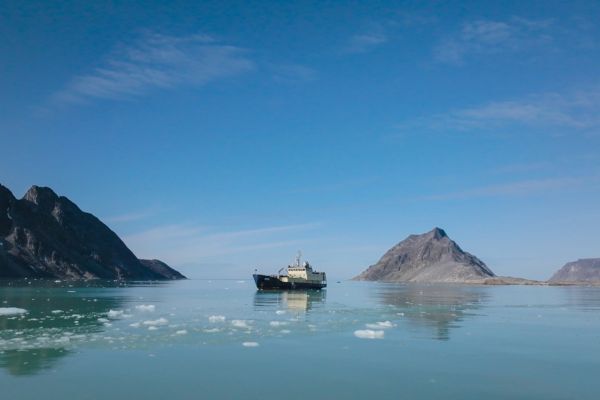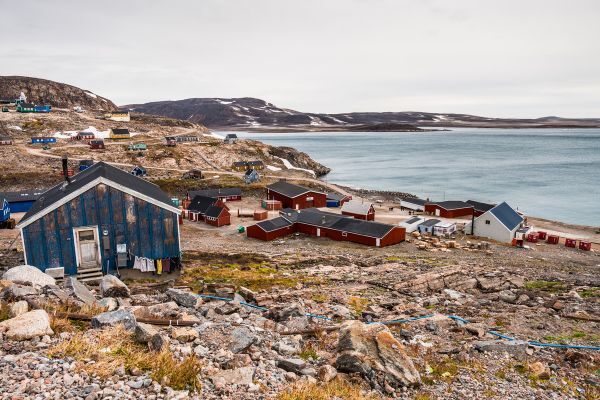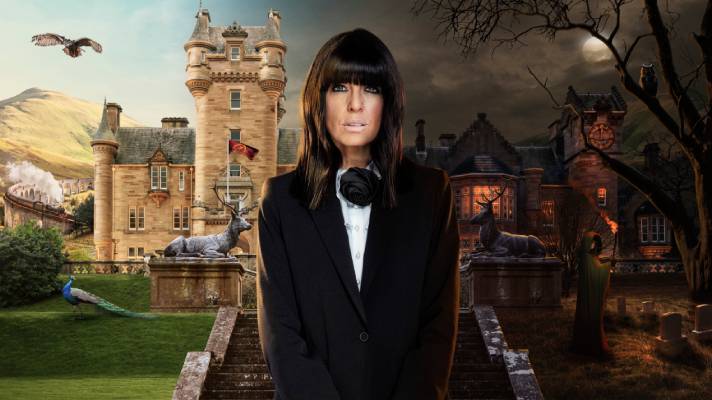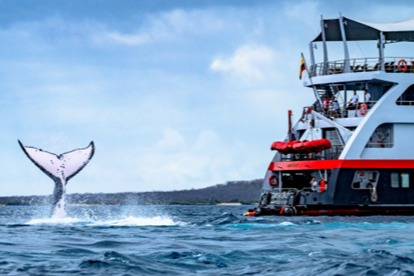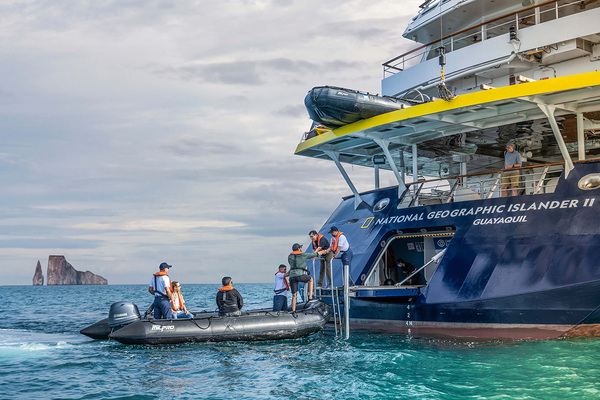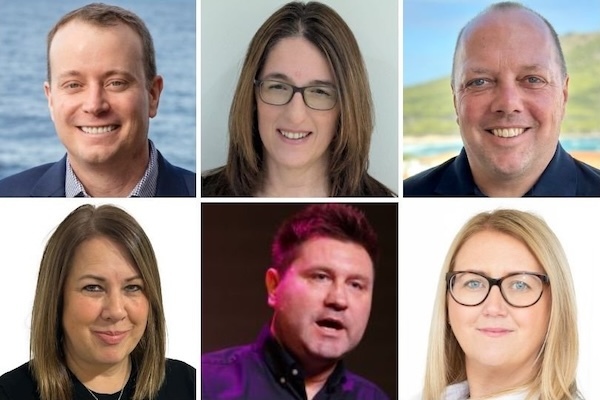'Micro cruises' setting new standards in luxury expedition travel
With a capacity of just 12 guests, Secret Atlas’s ships offer travellers a highly-personalised experience of some of the world’s most remote destinations.
Secret Atlas has been taking guests to the polar regions since 2019, and today, offers a range of itineraries in Greenland, Norway, Svalbard and Antarctica. “We’re not small – we’re micro,” says lifelong adventurer Michele D’Agostino, who was inspired to co-found the company following a small group trip to Scoresby Sound, the deepest fjord in the world.
Secret Atlas is proud to operate on such a minute scale, currently using MV Freya and MV Vikingfjord, both of which have capacity for up to 12 guests each, with plans to expand its fleet with another ship of similar scale.
The size of these voyages is no accident; D’Agostino and his business partner, Mariano Curiel, believe that it is the only way to truly experience these remote destinations. “There must be an alternative to larger ships; the industry started with 50, 60, 70 guests, but it’s getting out of control,” he says.
Micro cruises, which are defined by vessels carrying less than 50 passengers, can offer a journey that is practically impossible for larger counterparts to achieve. “It is the complete opposite to mainstream cruising,” D’Agostino explains. “The small group size enables a better experience and more time spent on exploration.”
Perhaps one of the largest benefits of micro cruising, D’Agostino says, is the time saved on landing, which by default, leads to more time at the destination.
“It takes 10 mins to put the zodiacs in the water and load the guests,” he adds. “We see the opportunity and we go for it. Sometimes we launch the Zodiacs five times in 24 hours.
“Guests get at least twice as much time on land. We don’t even have to book our landing site sometimes, we go where we want. You don’t want to bring a guest to a remote destination and be waiting in line because there are more ships in front of you.”
With spacious decks and an unhurried atmosphere, guests on board Secret Atlas ships will have ample opportunity to snap pictures. They will also be joined by professional photographers and cinematographers, and enjoy a 24-hour “open bridge policy”, which gives them full access to the command deck for even sharper shots.
Smaller ships also allow for more flexibility in how guests experience the destination, as the agenda for the day can be easily altered.
“Time is luxury; there is no schedule,” D’Agostino says. “On a bigger ship, they serve dinner at 7pm - but what if we’re looking at wildlife, and there is an amazing encounter? We can just tell the chef to delay the meal, because the priority is seeing wildlife. You cannot do that when there are 100 meals to be served.”
More local destinations
Smaller groups can also lead to more responsible tourism, D’Agostino claims, especially when visiting destinations with lower populations.
Secret Atlas takes guests to remote settlements, such as Ittoqqortoormiit in Greenland, which is home to just 345 people, and Ny-Alesund, a scientific research centre in Norway with fewer than 40 residents year-round.
D’Agostino believes that it is crucial for the expedition travel industry to respect such local communities in order to be sustainable, and this starts with causing as little disruption as possible. “Imagine dumping 200 people in a community of 300 inhabitants. I don’t think it’s ethical,” he says.
Another benefit of micro cruises is the close relationship they foster between the supplier and the client. Not only can more intimate sailings create a friendlier environment (and potentially lead to more bookings), but they also allow Secret Atlas to have direct communication with their customers’ preferences. Recent feedback has shown an increased demand for the Canadian Arctic, and specifically Baffin Island, as well as West Greenland.
“We are raising the bar here – it’s not that straightforward to organise these expeditions. It’s challenging, but it’s what we do.”
As for Secret Atlas’s relationship with the Expedition Cruise Network, D’Agostino says it will join the organisation as soon as its scope expands beyond the UK.
Working with the trade
D’Agostino says that the trade is valuable to Secret Atlas for two main reasons. Firstly, travel advisors, agents and designers can help them “customise the experience for the guest and make it more personal.” Agents are also helpful for for managing the expectations of clients, who may not yet fully understand what expedition cruising involves.
“We have a lot of free marketing from nature documentaries, but they can give the perception that the wildlife is just waiting for you,” D’Agostino explains. “Our commitment with the trade is to educate and to manage expectations of the guest. It is also to enhance the trip by suggesting museums that will help the client get a sense of the destination, before they come on board. It will then be a crescendo of an experience.”
Sign up for weekday travel news and analysis straight to your inbox

Emma Dooney
Supplier Directory
Find contacts for 260+ travel suppliers. Type name, company or destination.
